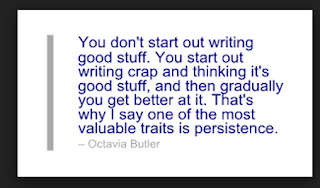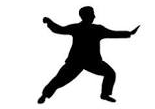
Do you know that your credit cards are wonderful tools to save money, track your spending and you can enjoy many benefits? Here are the advantages:
- Track your spending: Every month when you receive your statements, you should look at them as tools to track your spending because every single item that you have charged to the cards is listed. Study your spending pattern, trim unnecessary expenses, and allocate a budget for the future.
- Interest-free credit: Everything that you have charged to your cards in the current month is on credit and you only need to pay for them in the following month. Practically you are given credit or incur debt without paying interest for one month. Buy now and pay later is the name of the game
- Safer than cash: You don’t have to carry a large sum of money, which is risky, to go for shopping. Just carry your credit cards with you. If you are robbed, just report the loss of your cards promptly to avoid personal liability.
- Discount and redemption points: The wonderful benefits of paying by cards instead of cash are that you can either pay less (cashback card) or you can accumulate points for every dollar that you charge to your cards to redeem for goods of your choice (rewards card).
- Establish your creditworthiness: Using your credit cards and pay your monthly bills promptly is an effective way to establish your creditworthiness. When you use and keep a card long enough, say one year, you can easily apply and obtain more cards from other financial institutions.
- Zero-interest installment plan: You can’t purchase a big-ticket item with cash and arrange to pay by installment without paying interest. You can only do it with your credit cards and spread the installment payments up to 36 months.
- Online purchases: It is only possible by using your credit cards to do purchases as well as hotel bookings and car rental.
- Emergency fund: When you run short of cash and you need the money urgently, use one of your credit cards to get a cash advance quickly and easily.
- Travel coverage: When you charge the full fare of your airline tickets to your credit card, you get free travel insurance, lost baggage, and baggage delay insurance, and also reimbursement to cover immediate necessities for flight delay and missed connection.
- Extended Warranty: When you make a purchase with a credit card that offers a free extended warranty, you are covered with one additional year of warranty when the manufacturer’s warranty expires.
Credit cards are your good companion provided that you use them wisely. Pay the amount due promptly, fully, and spend within your means.











